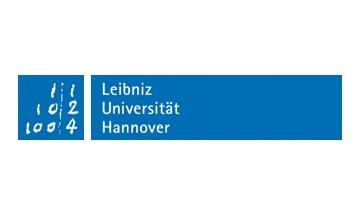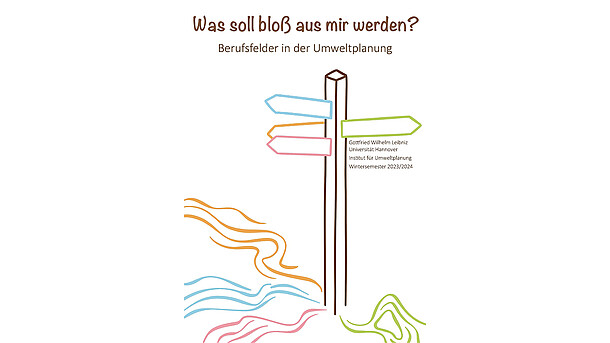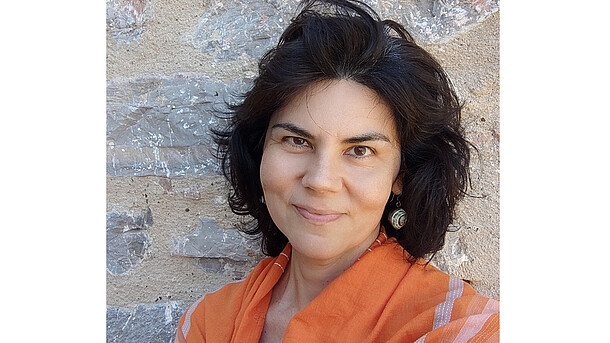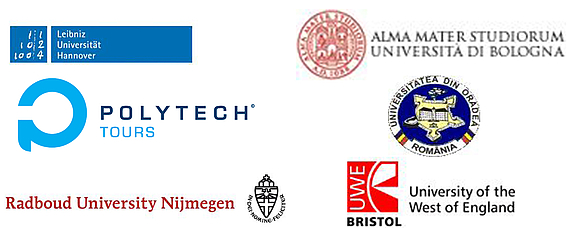
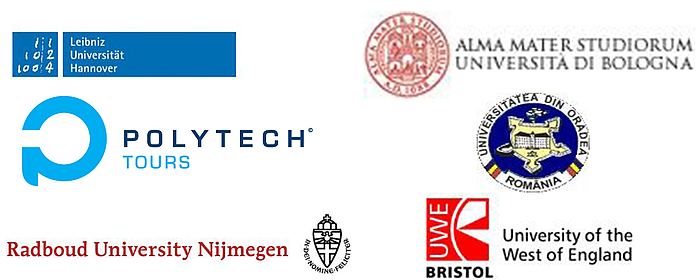
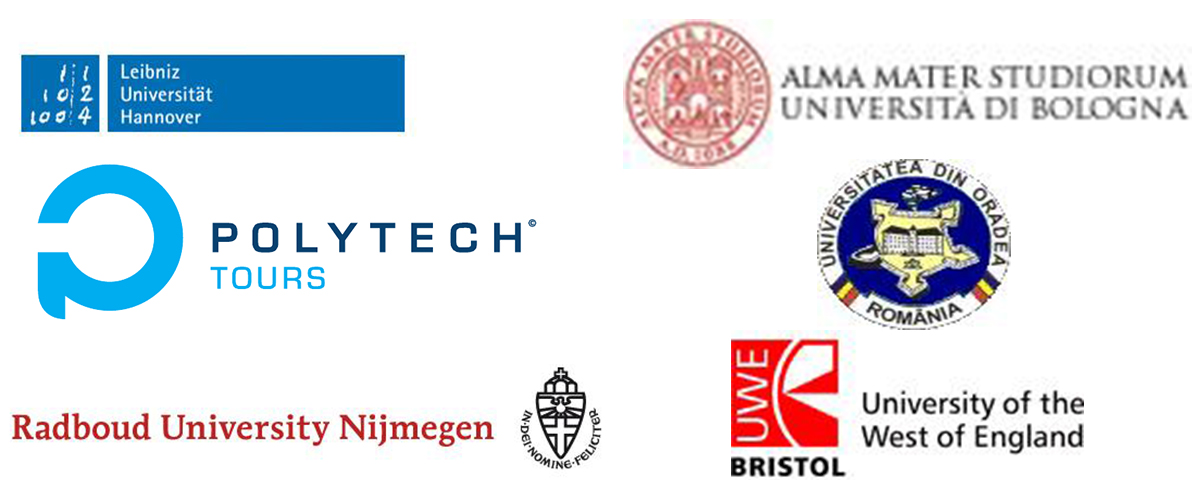
Activities
The activities of the network consist of:
- Student exchange
- Lecturer exchanges
- Intensive Seminars (IPs)
The network is supported by: the European Union, DG Education and Culture, in the framework of the LLP/ERASMUS program.
Intensivseminare (IPs)
Since 1991, the Network has held an annual intensive seminar. The seminar language is English. The topics, which change annually, deal with regional or urban planning issues. In March of each year, a small group of students and one or two teachers from each participating university meet in one location. They first present a prepared case study, and then work together in international, multidisciplinary groups of six or seven on a given topic. This is used to compare the different national approaches and to propose internationally oriented solutions. At the end of the week, the participants present their proposals in a final workshop and try to draw comparative conclusions.
IP topics
- 2014 Bologna: Spatial Planning and Housing Policies: Creating Community Living Spaces
- 2013 Oradea: Spatial planning and sustainable urban transport systems
- 2011 Hannover: Climate Change Proof Planning
- 2010 Nijmegen: Spatial planning responses to climate change
- 2009 Tours: Urban Planning and Climate Change
- 2008 Bristol: Sustainable Spatial Planning and Water Managment
- 2007 Cesena: Sustainable Spatial Planning and Water Management
- 2006 Hannover: Sustainable Spatial Planning and Water Management: The Conti-Limmer Site
- 2005 Nijmegen: Koers West Redevelopment
- 2004 Tours: Planning for a Mixed Use Sustainable Development: Les Deux Lions
- 2003 Bristol: Sustainable Solutions for Bristol: Redcliffe ande the Millennium Mile
- 2001 Bologna: Urban Centers and Sustainable Development
- 2000 Hannover: Planning for Sustainable Cities: the EXPO City
- 1999 Nijmegen: Planning for Sustainable Cities: the Arnhem-Nijmegen-Node (KAN)
- 1997 Tours: Policy and implementation of sustainable mobility in urban areas
- 1996 Bristol: Rehabilitation Policies in Run Down and Underprivileged Urban Neigbourhoods
- 1995 Bologna: The Less Privileged Area Policies: How Can Planning Measures Help these Areas at a Regional Level?
- 1994 Hannover: European Policies and Regional and Local Planning - Objectives, Procedures, Impacts - Cooperation or Competition?
- 1993 Nijmegen: Public and Private Partnership in Physical Planning
- 1992 Tours: Coordination and Decision Making Procedures in Planning
- 1991 Bristol: Planning for Environmental Quality in New Development
Publication:
Serrano, José; Askew, Janet; Smith, Nick; Beekmans, Jasper; Dühr, Stefanie; Olau, Paul; Scholles, Frank & Verdelli, Laura (2010): A European intensive seminar to learn both spatial quality and the cooperation process.Space is luxury (AESOP 2010), Helsinki, Finland. Link
Town planning is closely linked with the national geographic and institutional context. Europeanization and globalisation are influencing planning but also planning education. The paper discusses how six universities from six different countries go into partnership to take into account this trend and elaborate a common pedagogic module through an intensive programme. The intensive programme achieves these objectives of the Europeanization of planning but also some specific ones which each university would not be able to achieve separately. The process of the intensive program itself pushes students to increase the quality of their proposals. It obliges students to work on unprecedented cases and to collaborate.
Participating universities
Universitatea din Oradea, Facultatea de Geografie, Turism şi Sport
Luminita Filimon




